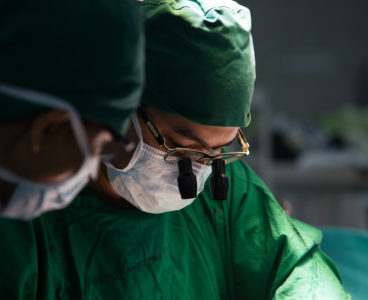The first week of a newborn’s life is a time of rapid biological change as the baby adapts to living outside the womb, suddenly exposed to new bacteria and viruses. Yet surprisingly little is known about these early changes. An international research study co-led by Boston Children’s Hospital has pioneered a technique to get huge…
Scientists Find Link Between Increases in Local Temperature and Antibiotic Resistance
Bacteria have long been thought to develop antibiotic resistance largely due to repeated exposure through over-prescribing. But could much bigger environmental pressures be at play? Seeking to better understand the distribution of antibiotic resistance across the U.S., a multidisciplinary team of epidemiologists from Boston Children’s Hospital and the University of Toronto have found that higher…
Lab-Grown Human Cerebellar Cells Yield Clues to Autism
Increasing evidence has linked autism spectrum disorder (ASD) with dysfunction of the brain’s cerebellum, but the details have been unclear. In a new study, researchers at Boston Children’s Hospital used stem cell technology to create cerebellar cells known as Purkinje cells from patients with tuberous sclerosis complex (TSC), a genetic syndrome that often includes ASD-like…




